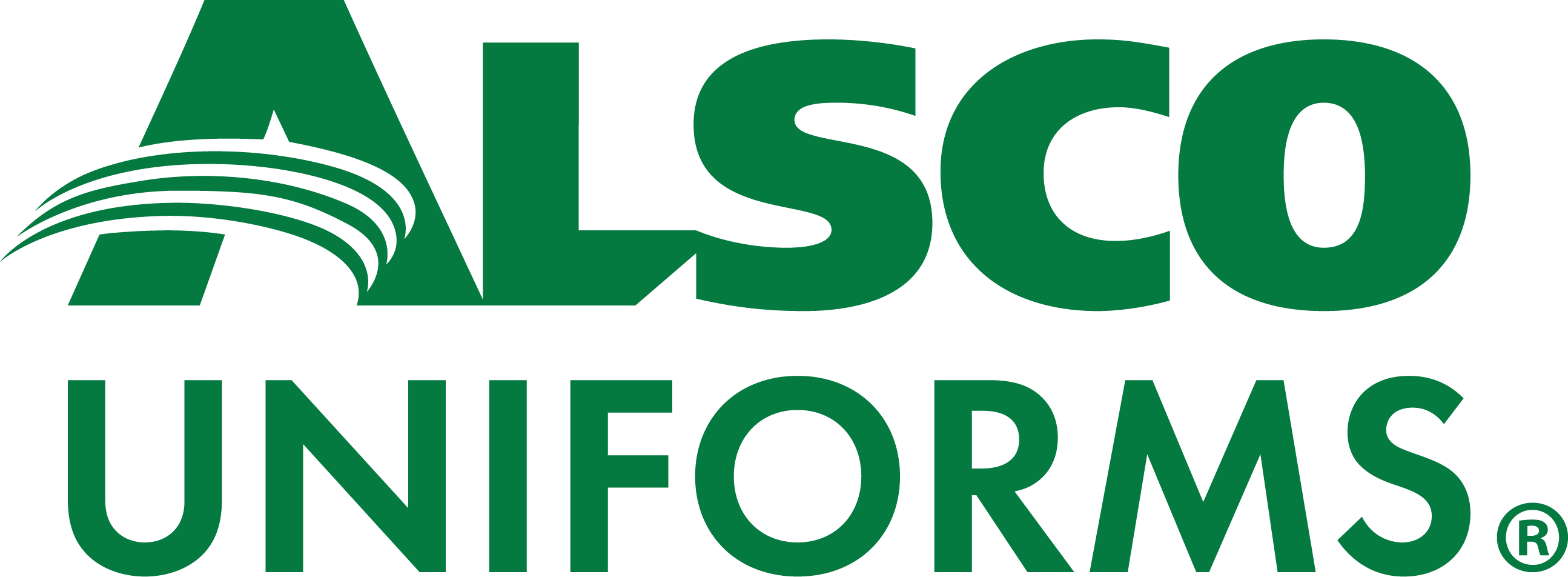
HVAC uniforms can help your technicians look more professional on job sites, which can significantly enhance the way customers view your company, elevating your brand.
HVAC Technicians
Heating, ventilation and air conditioning (HVAC) systems are vital for the comfort, sanitation and general safety of any business or office building. Thus, professionals working in the HVAC installation, repair and protection industry play an essential role in the promotion of safety in these buildings.
Professionals in the field are not only responsible for installing this equipment but also for engaging in continual safety inspections. Therefore, an ongoing professional relationship is important for ensuring that HVAC systems continue to function properly.
Some HVAC professionals work independently; others work as part of a team for larger companies. In either case, a work uniform is necessary for a wide range of reasons.
What Are HVAC Uniforms?
An HVAC uniform is a set of clothing designed to cover exposed areas of the body that are subject to potential harm, such as burning or scraping. An HVAC uniform also provides a professional appearance that represents the business. Most HVAC uniforms will include a name tag that has the employee’s name sewn onto the shirt.
HVAC uniforms also can be purchased with flame-resistant properties.
Is Visibility an Issue?
If your HVAC technicians work on or near roadways, you’ll need to consider their visibility. HVAC uniforms have different standards of protection and design than those of other fields, such as plumbing or refrigeration, including having high or enhanced visibility, terms that are defined below:
Enhanced visibility: HVAC uniforms with enhanced visibility contain retro-reflective tape for visibility and are not held to standard 107 of the American National Standards Institute that is associated with high-visibility safety apparel and accessories. These types of uniforms are acceptable for professionals working in low-risk areas who still want to improve their visibility.
High visibility: High-visibility HVAC uniforms meet standard 107 of the American National Standards Institute and contain that marking on the garment. These uniforms are required in some high-risk workplaces where visibility can be low or obstructed and additional safety precautions must be taken.
High-visibility HVAC garments are divided into the following classes and types:
Performance Class 1 (Type O)
Performance Class 2 (Type P and R)
Performance Class 3 (Type P and R)
Supplemental E Class
Optional accessories to further enhance visibility
Type O uniforms are designed for non-roadway and off-road use, such as in the gas or mining industries. Type R uniforms are intended for roadway use and work in temporary traffic control areas, such as construction on public roadways. Type P uniforms are designed for emergency and high-risk usage.
Why Should HVAC Professionals Wear Uniforms?
HVAC uniforms are designed with technicians in mind to best serve the comfort and needs of the professional. Here are some of the reasons HVAC professionals should wear uniforms:
Safety improvements: The first reason HVAC uniforms are necessary is safety. Some materials can help protect workers from burns and fires. With durable materials, HVAC uniforms also can protect technicians from the weather, including rain and wind.
Professionalism: A uniform provides a professional look that exudes expertise and knowledge, helping the customer feel confident in soliciting the worker’s services. The uniform also illustrates that the worker takes safety seriously and will likely implement the same precautions when installing or maintaining an HVAC system. Conversely, the lack of a uniform presents a lackadaisical attitude on the worker’s part that fails to instill confidence in the customer.
What to Look for in an HVAC Uniform
Look for the following items when selecting an HVAC uniform:
Safety features: For many companies, flame resistance and high-visibility properties are essential, so these safety characteristics are the first thing to look for when considering an HVAC uniform.
Brand reputation: Brand reviews are widely available these days, so it is not difficult to determine a company’s reputation by performing a quick online search. Make sure to read product reviews on multiple sites as some sites can be biased or contain conflicts of interest. It is good to review sites like Consumer Reports and ratings by the Better Business Bureau as well.
Comfort: Comfort is key when considering an HVAC uniform. HVAC professionals work long hours in demanding jobs, so selecting a uniform that is flexible, properly ventilated and that allows freedom of movement is crucial for promoting worker comfort.
Durability: A uniform that lasts is not only made of higher-quality materials but is more cost-effective in the long run. Consider a company’s reputation for durability when evaluating the prices of different uniforms.
Wrinkle-resistant: HVAC professionals must move a great deal to do their work, so you don’t want a uniform that wrinkles easily. Most HVAC uniforms are made of wrinkle-resistant materials, helping them look good even after long days on the job.
Stain-resistant: Selecting a uniform that is resistant to stains can ensure that workers always have a clean and professional appearance, inspiring confidence in customers and the company. In addition, choosing uniforms in darker colors makes spills more difficult to see than on lighter colors.
Let Alsco Uniforms Handle Your Uniform Needs
Alsco Uniforms offers a range of industrial uniforms designed to meet your needs. Your HVAC technicians will always look professional and feel comfortable when you rent uniforms from us. Learn about our uniform cleaning services today and simplify the process for your business.
References
Everything You Need to Know About the ANSI 107 Standard. (July 2020). HiVis.
Number of Plumbing and HVAC Companies in Each of the 50 U.S. States 2019. (April 2022). Statista.
What Is HVAC? (October 2022). HVAC.
